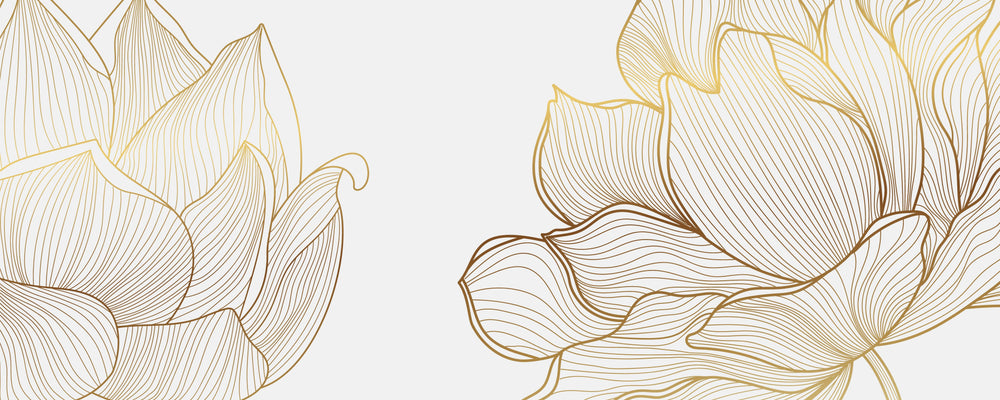One of our community members recently asked us to explain in more detail why it’s so important for women to pay attention to the ingredients in the products they use to manage their bladder leaks. And as always, when you ask, we answer. So let’s get right down to it.
Many of us confuse the terms vulva and vagina, and oftentimes we think they are actually the same thing. But in fact, while the vulva and vagina are closely related and physically sit adjacent to one another, they are two entirely different parts of our bodies:
The vulva is defined as the area outside the vagina, and includes the ‘labia’ (sometimes called “the lips”), the pubic bone, the clitoris, the openings to the urethra (or urinary canal) and the vagina. In contrast, the vagina is defined as the inner part of the female genitalia that starts with the opening in the vulva and ends at the cervix (which opens to the uterus).
Keeping a healthy vulva and vagina can help prevent and/or alleviate infection and uncomfortable irritation. This is especially true when you are using products that sit directly against the skin in these areas. (Think: period and bladder leak pads, which sit in direct contact with the vulva and tampons that are inserted into the vaginal canal -- both typically for extended periods of time.)
The area around the vagina (i.e. the vulva) can become irritated easily. In fact, it is some of the most porous skin on our bodies, and, as such, is more likely to absorb chemicals when exposed. Avoiding personal care products that contain harsh chemicals is a powerful place to start to avoid skin irritation and other reactions that can range from simply being uncomfortable to potentially requiring medical intervention.
So, what exactly is “vulvar care”?
Vulvar care is defined by keeping your vulva healthy and free from irritants. This includes keeping it dry and away from irritating chemicals that can be found everywhere from soaps or ‘cleansers’ to period pads and tampons to incontinence products. It’s also important to use products that allow the skin to breathe (like cotton underwear and breathable pads). And if you’re using a period or incontinence pad, it should have the ability to quickly wick away moisture so that bacteria doesn’t have the chance to cultivate in the vulvar area, which can also lead to irritation and infection.
To recap, here are some tips to keep your vulva healthy and happy:
- Use products that work for you. If you’re using bladder pads or period pads, find one that quickly and effectively wicks moisture away from your skin.
- Avoid non-essential features in products that touch your vulva like chlorine bleach, synthetic dyes and fragrances that can all cause irritation.
- Wearing tight clothes to work out or in hot weather can also cause irritation. The goal is breathability. If you wear tight pants while working out, change them after you exercise, or at least put on fresh, breathable underwear after your workout.
- Don't douche. Your vagina is like a self-cleaning oven. Douching disrupts your vagina’s natural balance, causing more harm than good. (And don’t even get us started on the chemicals found in conventional douches.)
- Avoid products containing synthetic fragrances. The chemicals can irritate your skin and throw your body’s pH out of alignment. Synthetic fragrances can also disrupt a woman’s all important endocrine (hormonal) system.
- As a rule of thumb, choose products with minimal synthetic additives and harsh chemicals. Products like soaps, detergents, certain fabrics, condoms, pads/liners/tampons, can all irritate your skin. Even a period cup can cause skin irritation if not positioned correctly.
- Use skin-safe wipes for hydration and to return your skin to its normal pH, for instance, when changing an incontinence, period or hybrid pad. If the skin is already irritated, however, wipes alone might not be enough -- you may need a barrier cream. If you’re dealing with painful irritation, it’s best to check in with your doctor.
